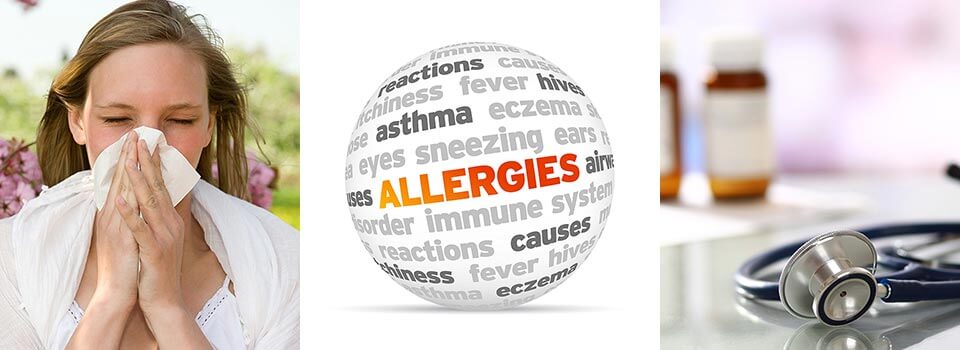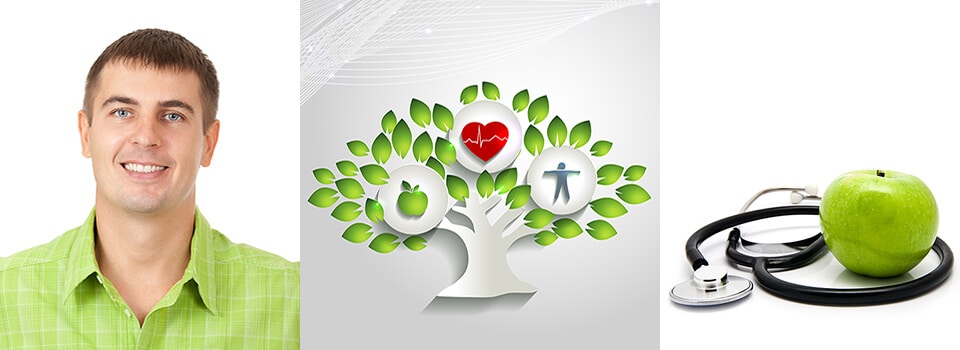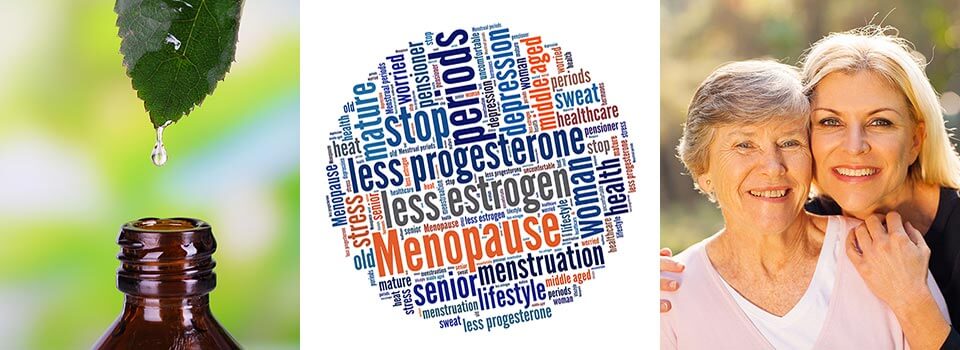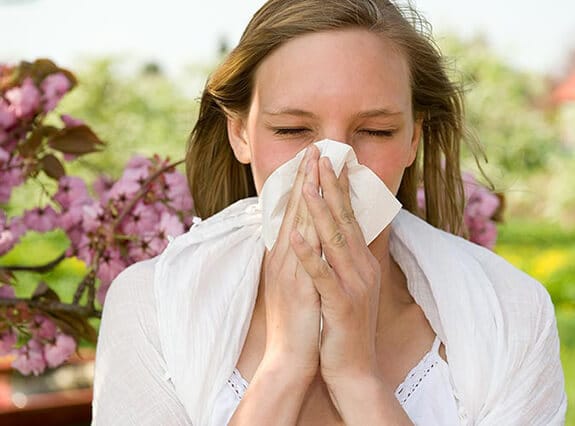-
Spring has arrived: tips for allergy sufferers
Do you suffer from allergies? Spring is the time many people associate with their seasonal ritual of sneezing and sniffling. It can be caused by snow mould but the most common culprit is pollen. You inhale an allergen or it contacts your skin or eyes, then the immune system impolitely goes into overdrive, making you miserable.
For others it can be just another chapter in a yearlong struggle over some degree of allergy or sensitivity. Food sensitives are another increasingly common form of discomfort, but we will cover those in a future post. For now, we will provide some ideas about surviving this allergy season.
What is an allergy?
So what is an Allergy? The symptoms are your immune system’s extreme reaction, and resulting inflammation, to things in your everyday environment that are normally harmless to other people.
This happens because your immune system becomes overactive by wrongly thinking it is under attack. It releases a number of chemicals, one of which is histamines, to ward off the invaders. The result is your runny nose, itchy eyes, and general discomfort.
The sources are broad and include not only pollen or snow mold, but also spores in the air, pet dander, and many other things that live in your environment. You may even suffer from oral allergies.
Oral allergies happen when your body has a cross-reaction to a protein found in an environmental allergy that is similar to a food. For example, you have a pollen allergy to birch or alder trees and get an itchy mouth when you eat apples, apricots, pears, peaches, almonds, celery, sunflower seeds or peanuts.
Treatments and tips to help you survive
Treatment options vary, but the naturopathic approach includes changes to your lifestyle, diet, nutritional supplements, or homeopathic remedies. There is also some simple things you can do to protect yourself and lessen an allergy’s effects.
One important thing that helps is to avoid the allergen as much as possible. For example if you are allergic to pollen, keep windows in your house and car closed. Check the pollen forecast in your area by going to a website like the weather network to see how high the levels are, then avoid being outside when the count is high.
Make sure your furnace filter is capable of removing allergens and change it regularly.
Flush pollen from your nose with a saline nasal rinse or a neti pot. For your eyes, use a cool, damp towel to help soothe the itching and burning.
For supplements, we use things that help improve your immune cells like vitamin C or quercitin. It is important to start these before you have full-blown allergies so your body has an opportunity to become stronger which helps lessen your reaction.
We all want to embrace the change of seasons. A few precautions along with some proactive steps can help you make it a more enjoyable experience.
Spring has arrived: tips for allergy suffers
See more








